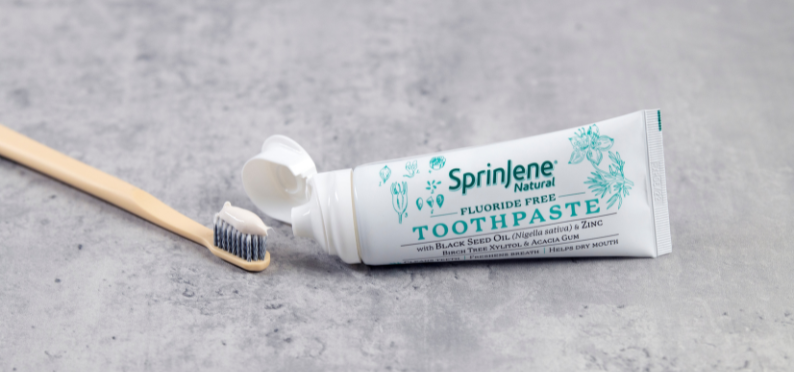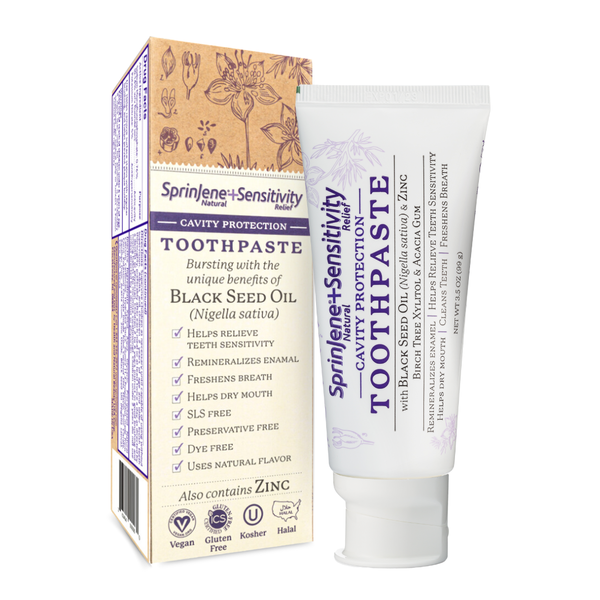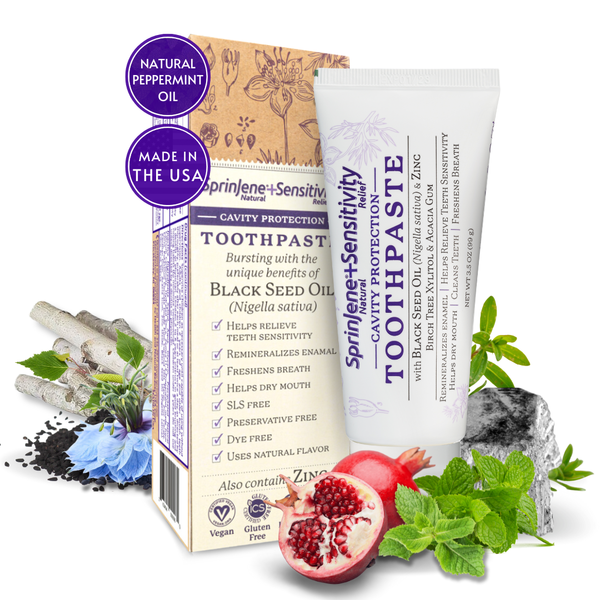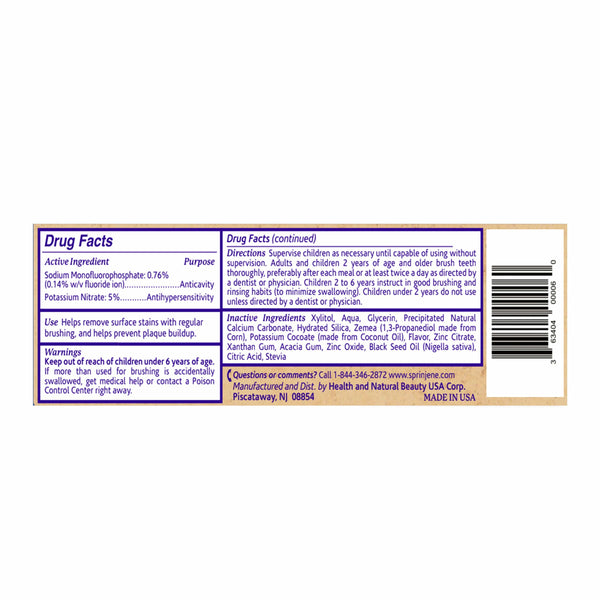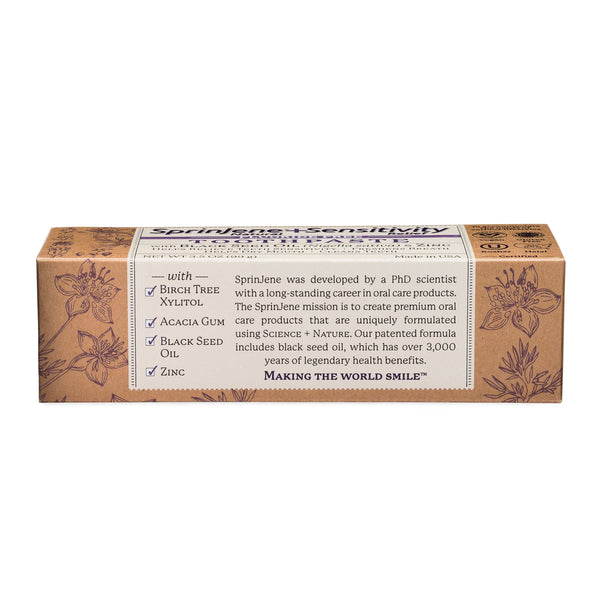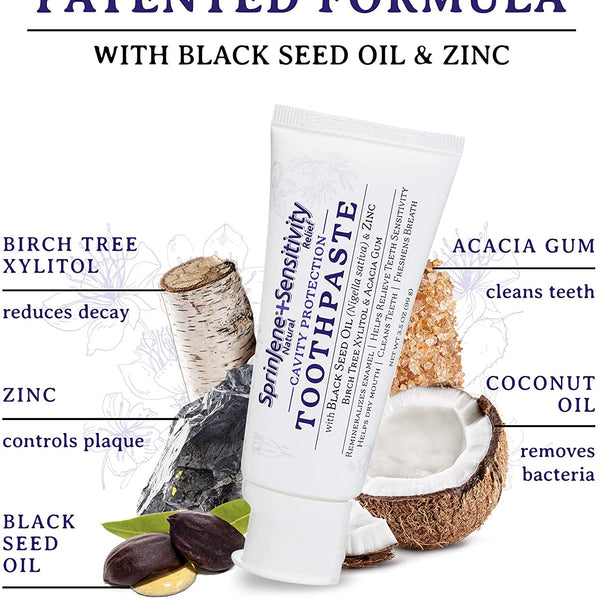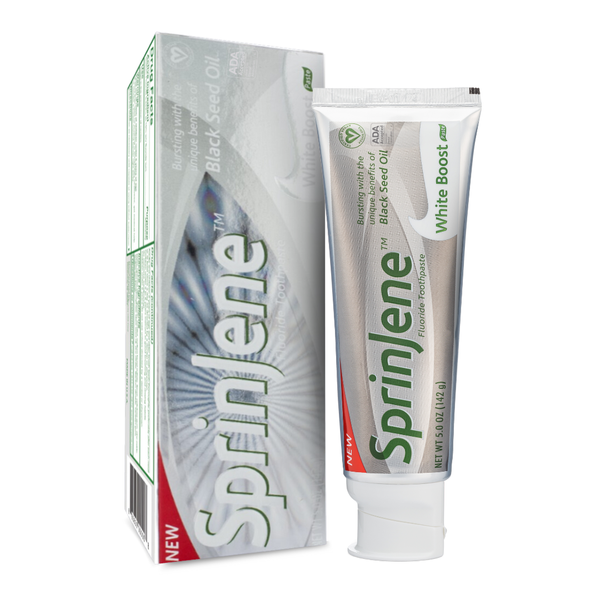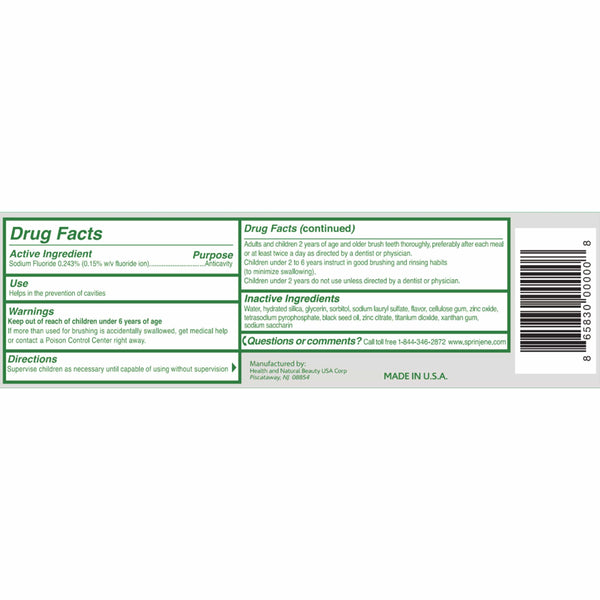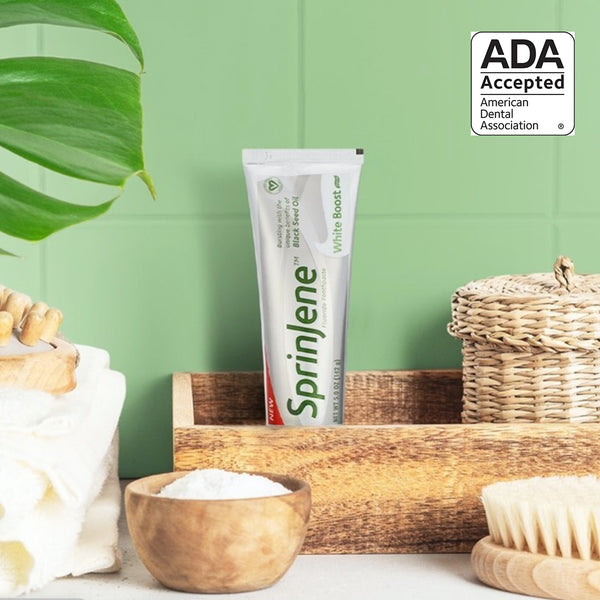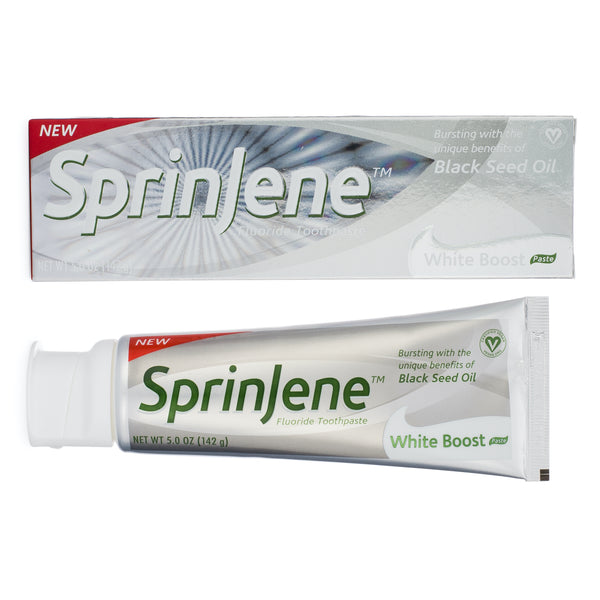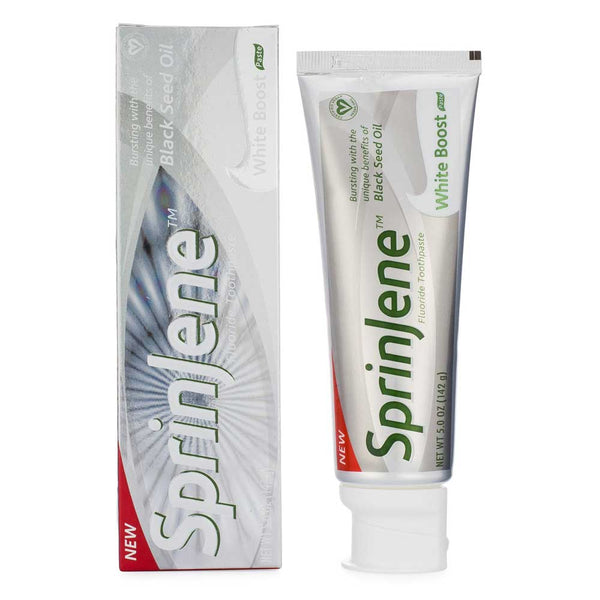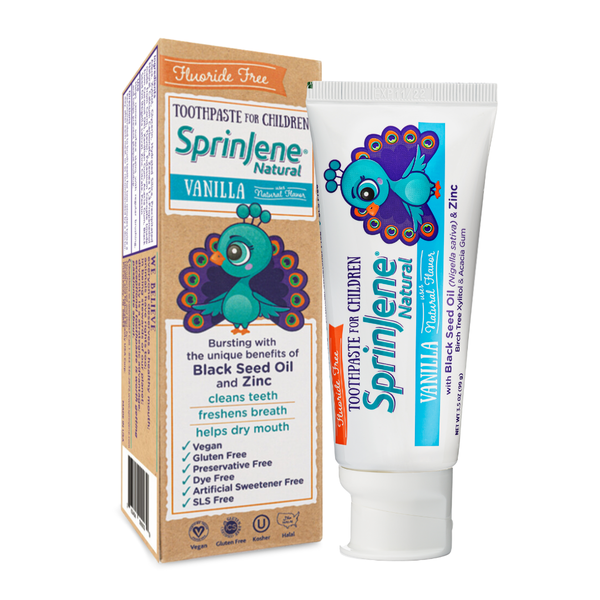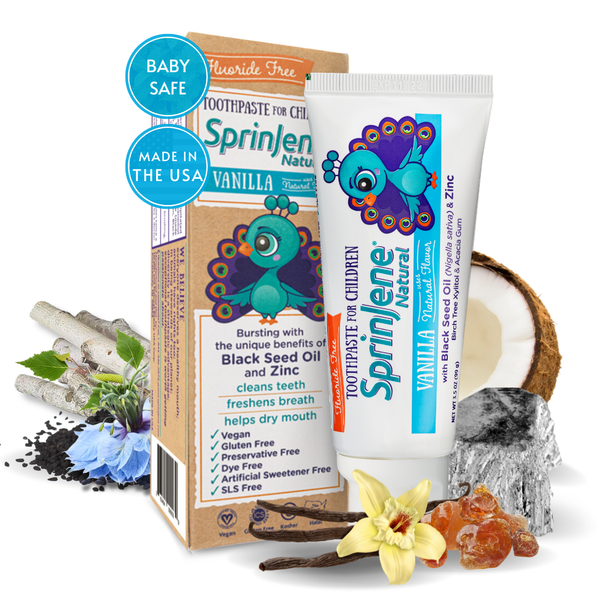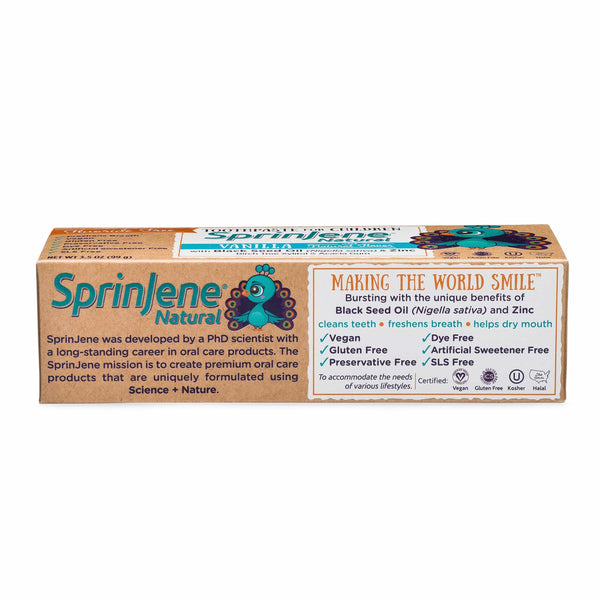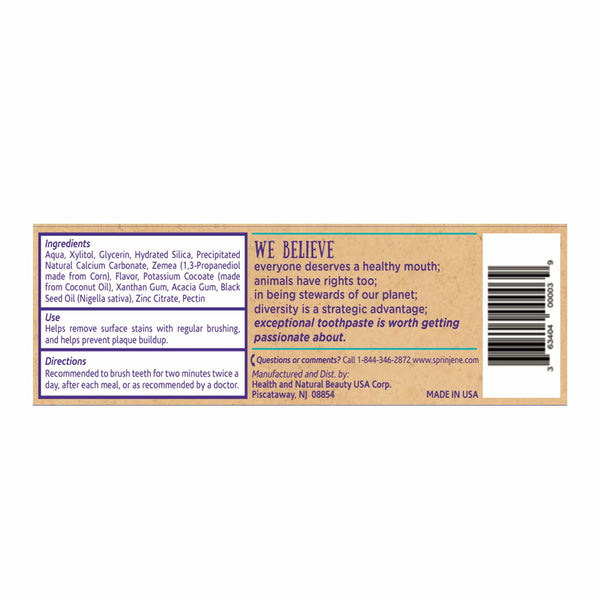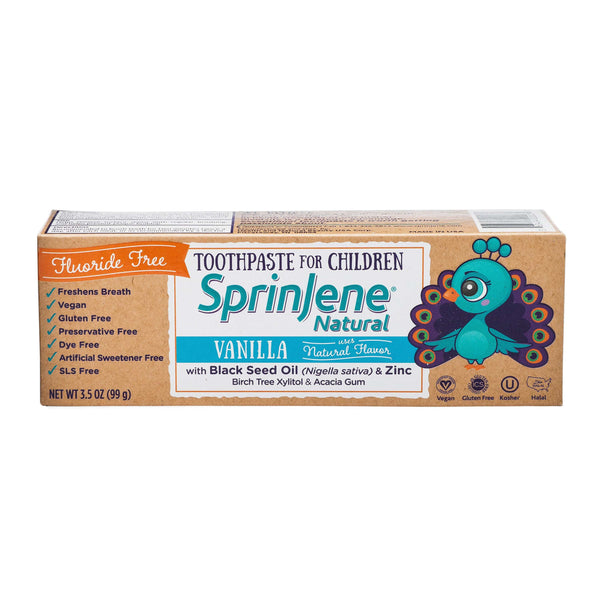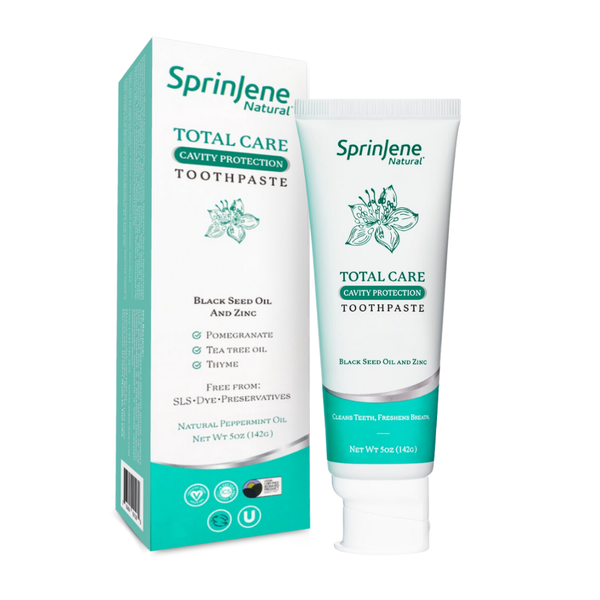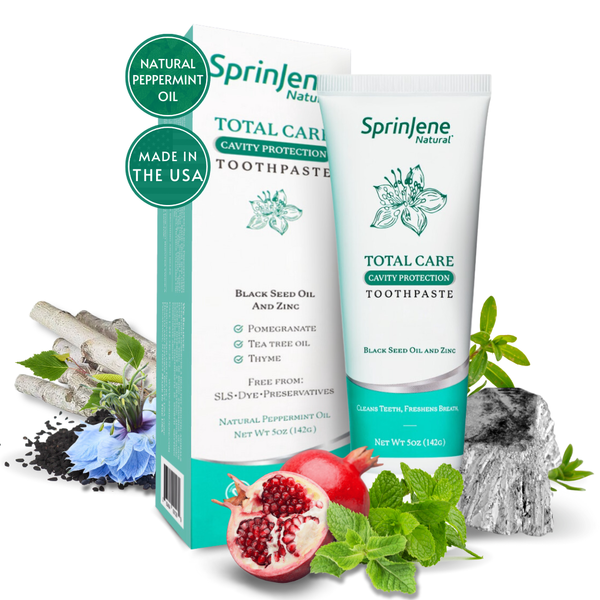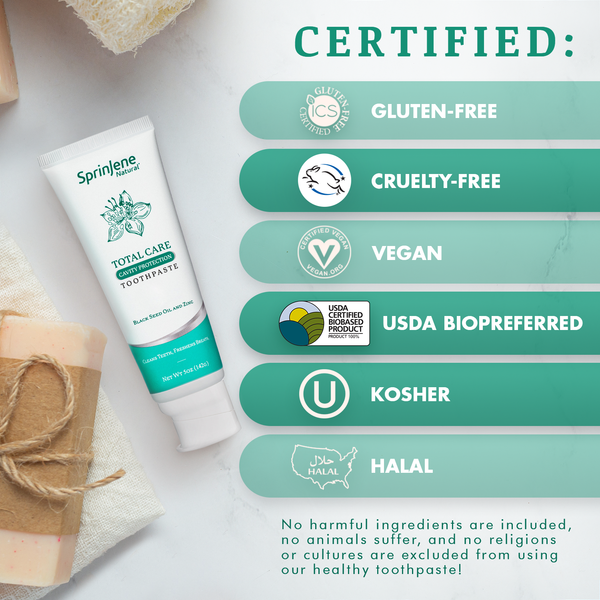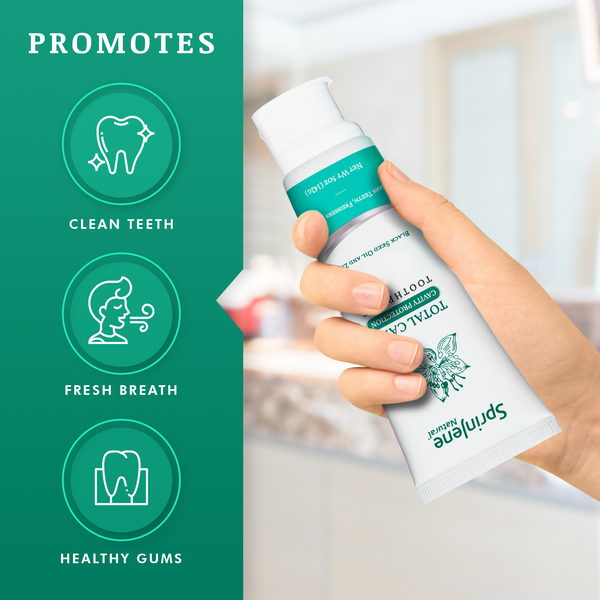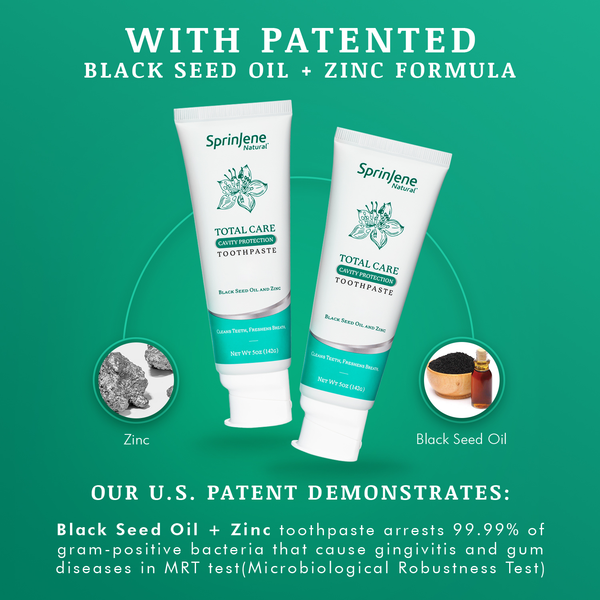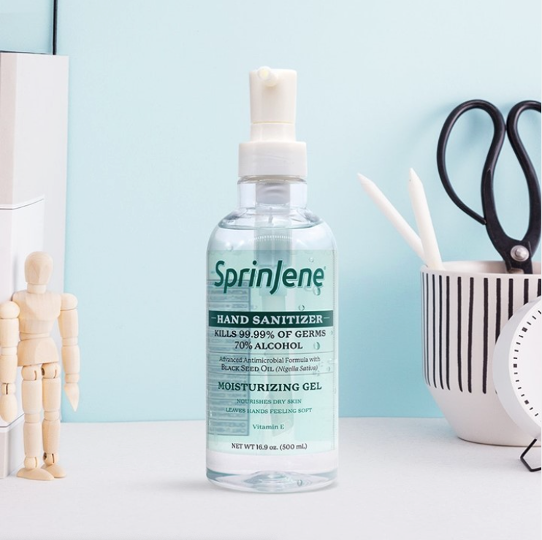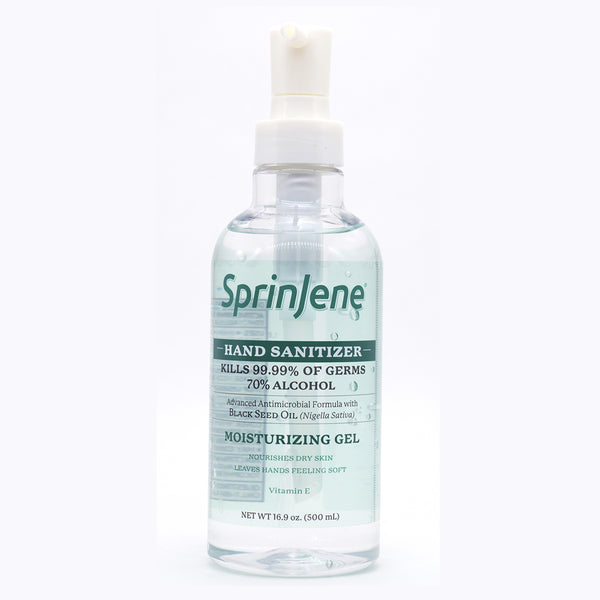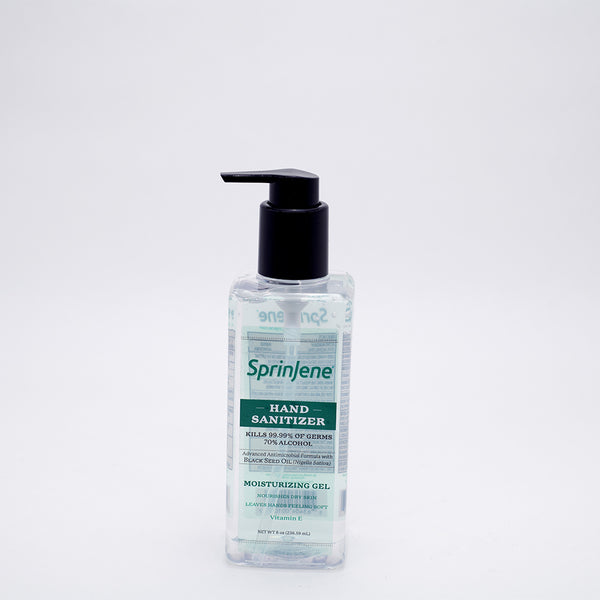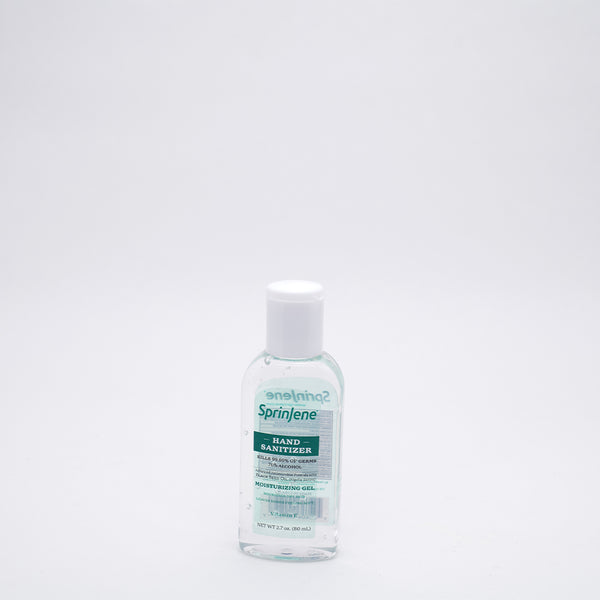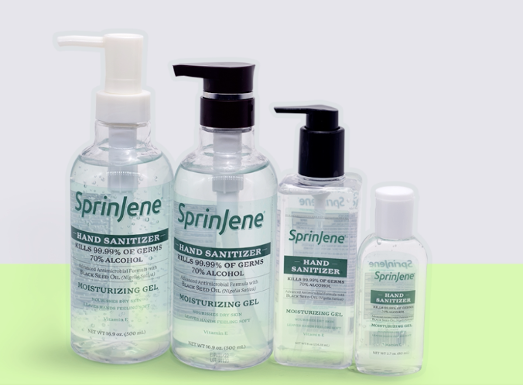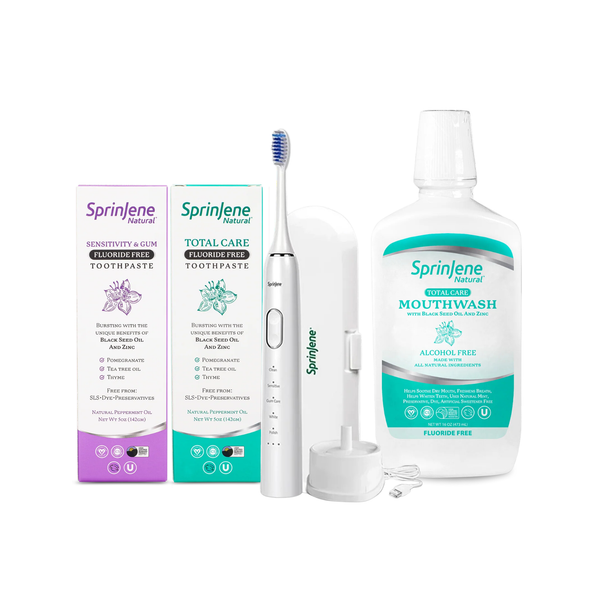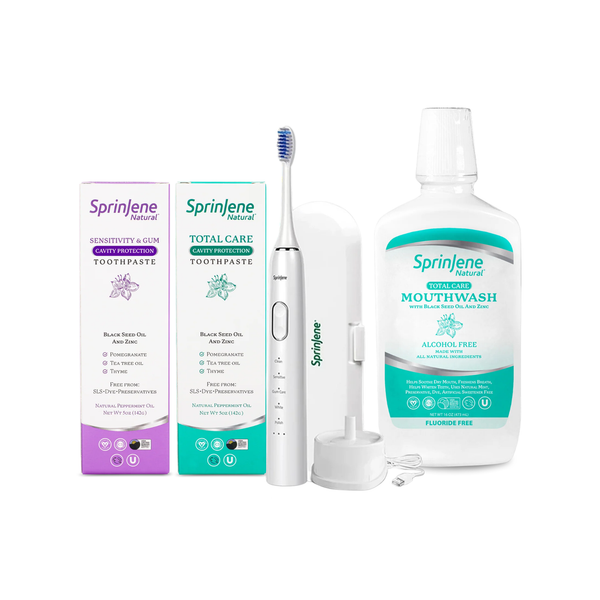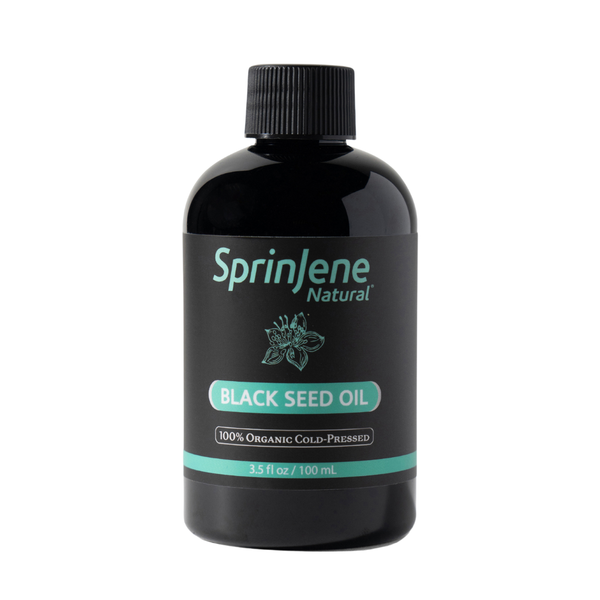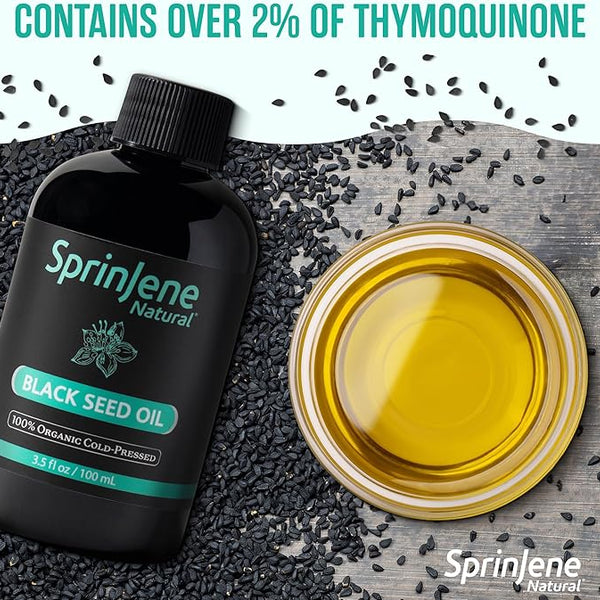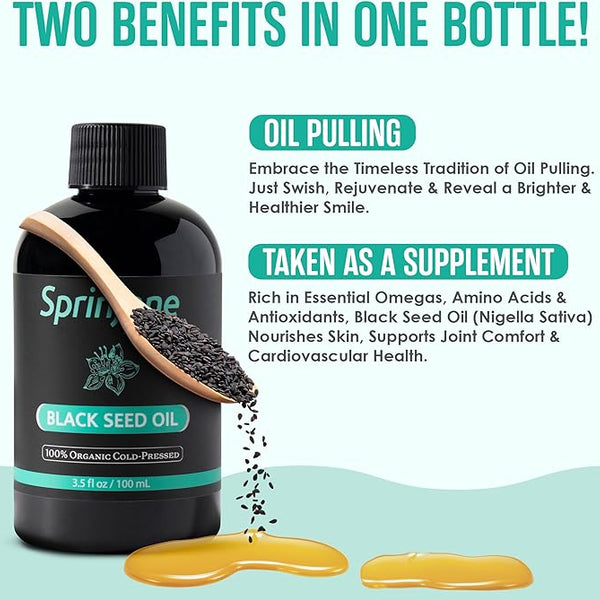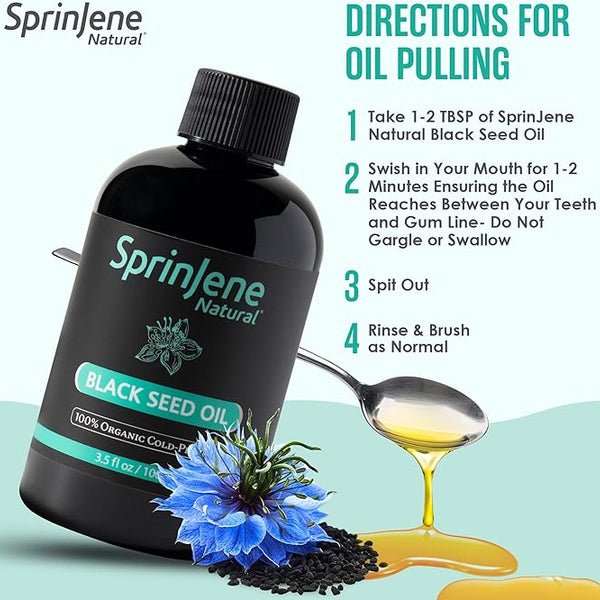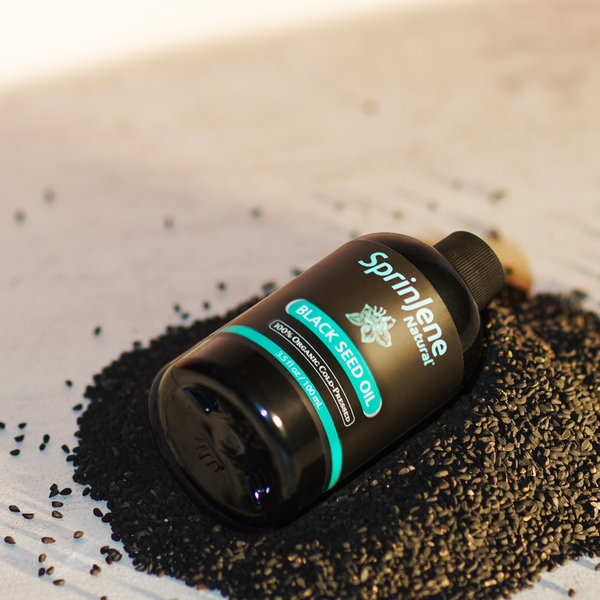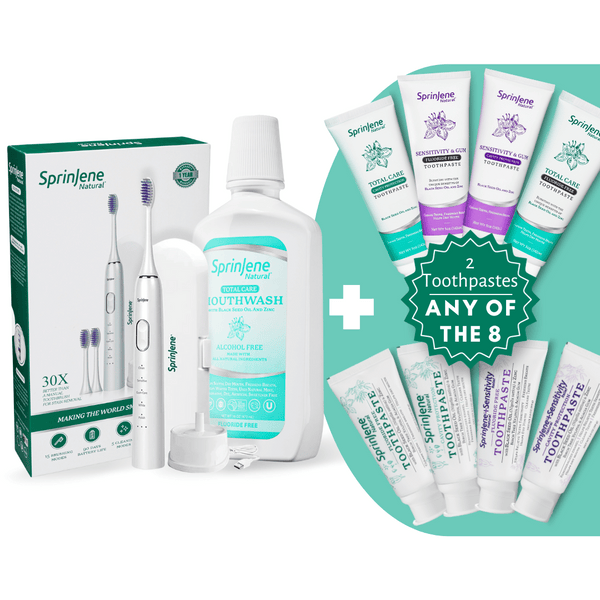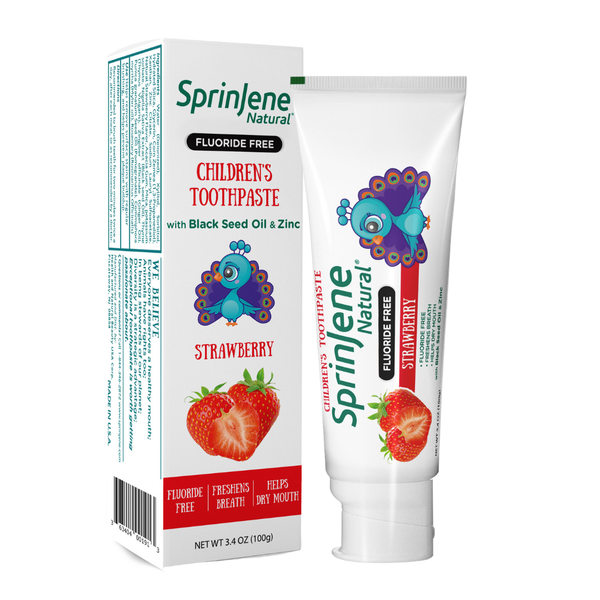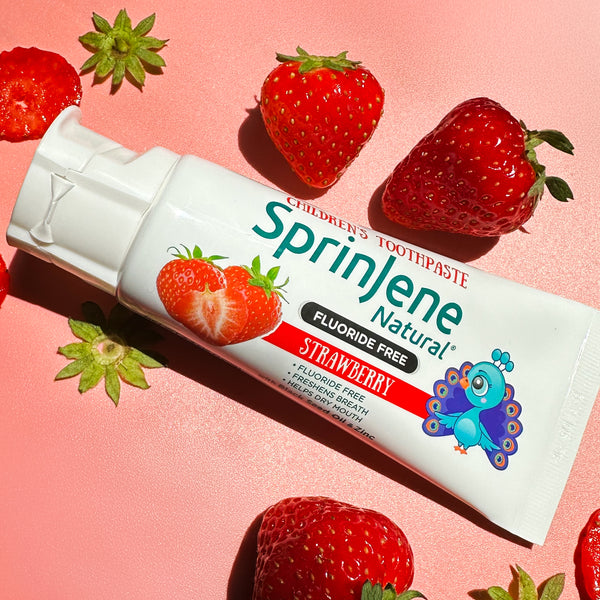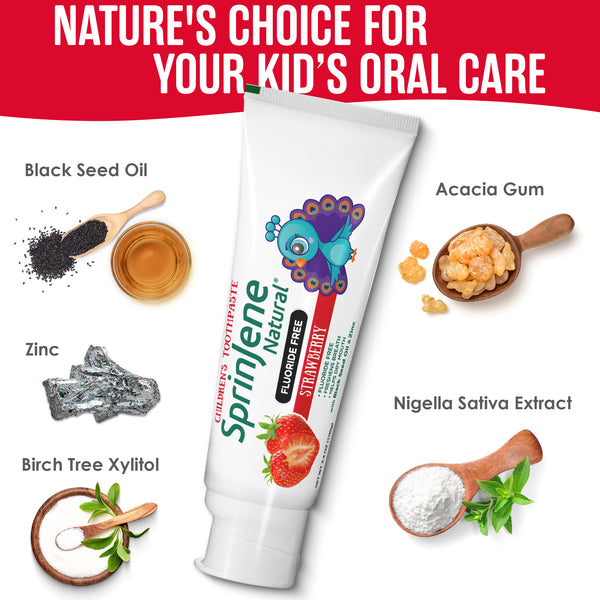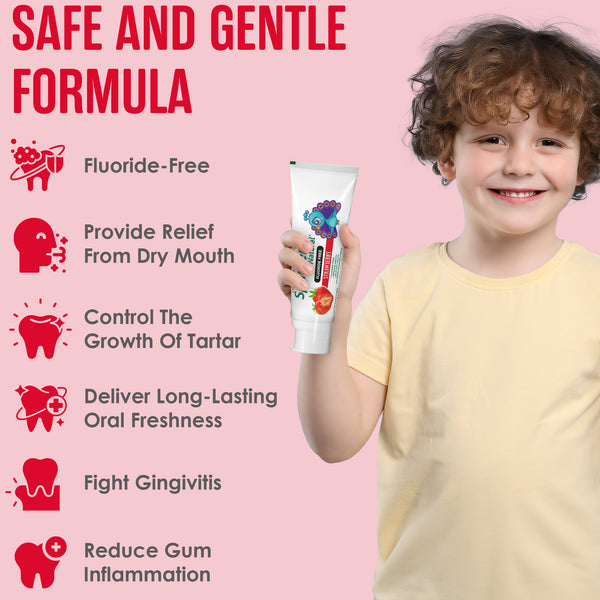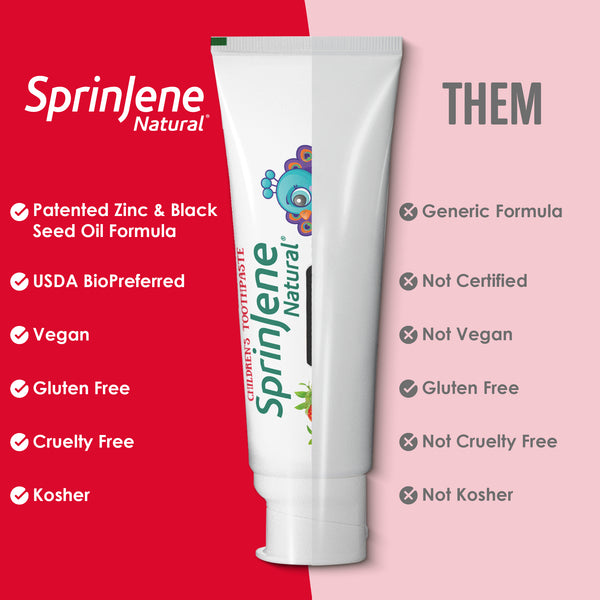A lot of people wonder whether they should use fluoride or fluoride free toothpaste. Especially if they are getting their daily requirement of fluoride through drinking water. But the important thing to remember is that fluoride or no fluoride, brushing and maintaining oral hygiene as part of your regular routine matters the most.
What is fluoride?
Fluoride is a natural mineral that has been shown to be very effective in preventing tooth decay and the development of cavities. It occurs naturally in some foods and certain fresh water sources like lakes and rivers. Some ocean water has also been found to contain fluoride. Since fluoride has been shown to be so effective against tooth decay, today it’s added to virtually all municipal water supplies, and is an essential component in toothpaste.
Fluoride in toothpaste: good or bad?
Everyone knows that preventing cavities is one of the primary reasons to maintain good oral hygiene, and when it comes to cavity prevention, fluoride serves two excellent purposes. Firstly, it helps with enamel re-mineralization, which means that when fluoride is absorbed by the enamel on your teeth, it attracts minerals such as calcium to your teeth as well, helping to maintain its strength and hardness. Secondly, since enamel is made up of hydroxyapatite fluoride helps out is by converting some of the hydroxyapatite to fluoroapatite, which is much more acid resistant and prevents cavity formation.
An overview by the center for disease control (CDC) authored by more than 25 dental professionals concluded that “all persons should receive frequent exposure to small amounts of fluoride…” while going on to note that this fluoride exposure can come from drinking water sources and toothpaste. Fluoride has been included in Australia’s water supplies since the 1960’s and has continued due to its effectiveness at minimizing tooth decay, supported by many health organizations including the Australian Medical Association.
Benefits of fluoride
Fluoride is beneficial to teeth because it helps to:
- Rebuild (remineralize) weakened tooth enamel.
- Slow down the loss of minerals from tooth enamel
- Reverse early signs of tooth decay
- Prevent the growth of harmful oral bacteria
When bacteria in your mouth break down sugar and carbs, they produce acids that eat away at the minerals in your tooth enamel. This loss of minerals is called demineralization. Weakened tooth enamel leaves your teeth vulnerable to bacteria that cause cavities.
Fluoride helps to remineralize your tooth enamel, which can prevent cavities and reverse early signs of tooth decay.
Fluoride Allergy
If you have a fluoride allergy it could make you sick. However, having a fluoride allergy is quite rare and for the people who do have it, it can be a mild to severe reaction and will need to be treated immediately
NATURAL TOOTHPASTE FOR SENSITIVITY
Sprinjene Natural Tooth Paste for sensitivity relief comes in two types:
- With fluoride
- Fluoride free
Desensitizing toothpastes contain some active agents, such as potassium nitrate, fluorides, and Sodium monofluorophosphates. Potassium nitrate and sodium fluoride are widely used to treat tooth sensitivity. Potassium nitrate decreases the fluid flow through the tubules by clogging them, decreases the level of activity of dental sensory nerves and prevents or reduces the sensation signals from reaching the brain
Fluorides, on the other hand, strengthen tooth enamel. With the help of fluorides, the tooth enamel can regain the minerals which it has lost during the decay process. Sodium fluoride, when applied to the exposed dentine, forms an effective barrier and results in desensitization of dentine.
One highly recommended and natural tooth paste to treat sensitivity is SprinJene Natural Sensitivity Relief Fluoride Toothpaste with Cavity protection. It features a patented formula with zinc and black seed oil, along with “good for you” ingredients like coconut oil, birch tree xylitol, and acacia gum.
The active ingredients which help in sensitivity relief are Potassium Nitrate, Sodium Monoflurophosphates and fluoride. This patented toothpaste for sensitive teeth can help to:
- Provide relief from dry mouth.
- Fight gingivitis (gum disease).
- Reduce gum inflammation.
Free From:
- SLS (sodium lauryl sulfate). SLS is a chemical surfactant irritant to some people and can cause mucosal ulcerations.
- Artificial preservatives and dyes. Unnatural chemicals used to make products last longer and look a certain color have been linked to multiple health issues, especially in children.

